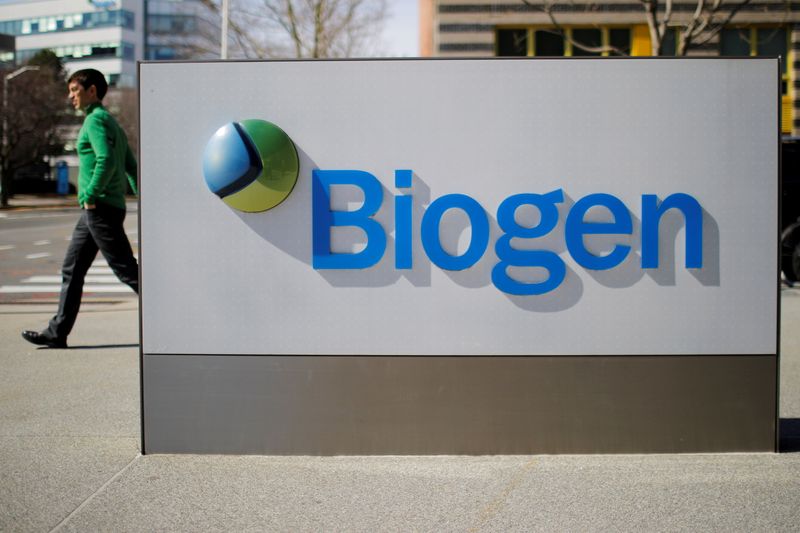The European Union's (EU) drug regulator has rejected Eisai and Biogen's (NASDAQ:BIIB) Leqembi treatment for early Alzheimer's disease, citing that the risk of serious brain swelling outweighs its modest effect on slowing cognitive decline.
This decision is a setback for the companies, particularly as the drug has seen slow adoption in the U.S. It highlights the challenges associated with a new class of drugs that, while beneficial for early-stage patients, can cause rare but serious side effects.
Eisai shares slumped 13% Monday after BIIB stock plunged 7% Friday.
Eisai and Biogen have said they will seek a re-examination of the recommendation but did not specify what new information they plan to present to the regulator.
Known as lecanemab, the therapy is already approved in the U.S., China, Hong Kong, Israel, Japan, and South Korea. It would have been the first drug in Europe to treat the neurodegenerative condition itself rather than just its symptoms.
Administered as a bi-monthly infusion, lecanemab works by removing sticky clumps of amyloid beta protein from the brain, which is believed to be a hallmark of Alzheimer's disease. Clinical trials showed that the drug slowed cognitive decline by 27% in early Alzheimer's patients compared to a placebo.
In Europe, seven million people are affected by Alzheimer's, according to Alzheimer's Europe, a non-profit organization.
The EU regulator based its decision on an analysis by the Committee for Medicinal Products for Human Use, pointing out three main concerns.
The 18-point scale used in the trials to assess functions like memory and problem-solving showed only a small absolute difference between patients who received lecanemab and those given a placebo.
Moreover, the trials reported cases of ARIA, a type of brain swelling and bleeding, which led to hospitalizations for some patients.
The committee also noted an elevated risk of brain swelling and bleeding in individuals with two copies of the APOE4 gene, which is associated with a higher risk of Alzheimer's.
“We think this could result in a significant delay in EU launch at best, or lack of approval entirely in EU,” Wells Fargo analysts commented on the decision.
They expect a potential $5 per share on Biogen’s discounted cash flow (DCF) with a delay in EU approval and up to $25 per share downside if EU revenues are removed.
“We think BIIB may need to look to BD opportunities to compensate for implications of this decision,” analysts added.
